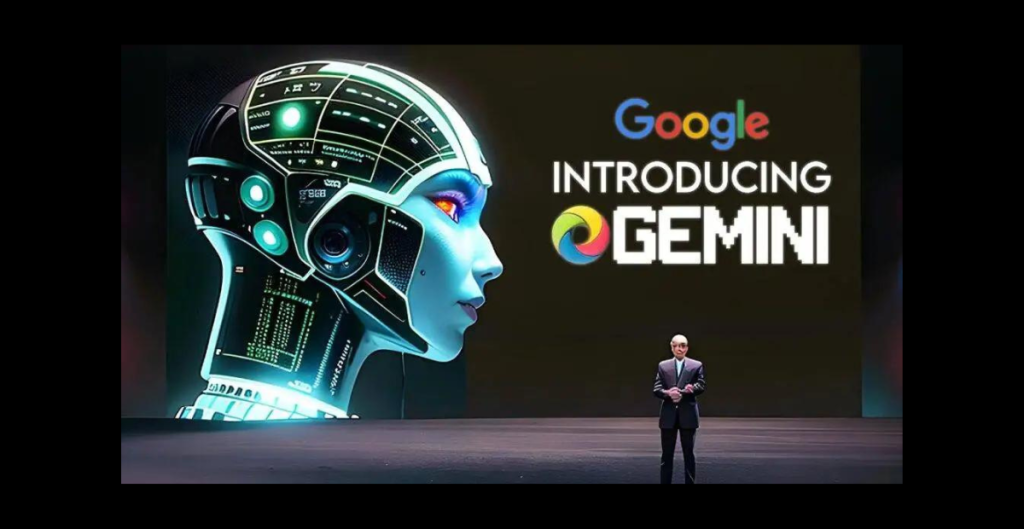In response to recent concerns regarding inaccuracies in Gemini’s image generation feature, Google has announced measures to address the issues. In a statement posted on X, the company acknowledged the need for improvement and stated its intention to pause the image generation of people temporarily while working on enhancements. This decision comes after reports of discrepancies in historical image depictions produced by Gemini.
Acknowledging and Addressing Concerns
Google expressed awareness of the inaccuracies detected in certain historical image depictions generated by Gemini. The company assured users that it is actively working to rectify these issues promptly. The acknowledgement follows observations from AI researcher Sourojit Ghosh, who highlighted the failure of models like Gemini to accurately represent traditionally marginalised individuals in images.
Grimes’ Unconventional Perspective
In a surprising turn of events, musician and artist Grimes offered an unconventional perspective on the situation, retracting her previous criticisms of Gemini’s image generation feature. Instead, she praised it as a “masterpiece of performance art,” albeit unintentional. Grimes likened Gemini’s output to a form of “gain-of-function art,” describing it as offensive yet devoid of intentional meaning, making it a conceptual masterpiece.
A Radical Interpretation of Corporate Surrealism
Grimes’ statement delves into the realm of corporate surrealism, describing Gemini’s output as emblematic of headless bureaucracy and the negative aspects of capitalism. She argues that despite its lack of intention or humanity, Gemini’s art sparks profound discussions on various topics, from politics to AI safety, challenging audiences to confront collective trauma and societal unrest.
Impactful Art or Unintentional Consequence?
Grimes contends that Gemini’s unintentional creation holds significant artistic and cultural value, serving as a catalyst for dialogue and introspection. She suggests that despite its flaws, Gemini’s output represents a historical moment in art, pushing boundaries and challenging conventional notions of creativity and intentionality.
Google’s decision to address issues with Gemini’s image generation feature reflects a commitment to improving accuracy and inclusivity. While criticisms persist, Grimes’ unconventional perspective offers a provocative interpretation of Gemini’s output, challenging audiences to reconsider the boundaries of art and intentionality in the age of AI. As discussions surrounding Gemini continue, it remains to be seen how its impact will shape the future of art and technology.





